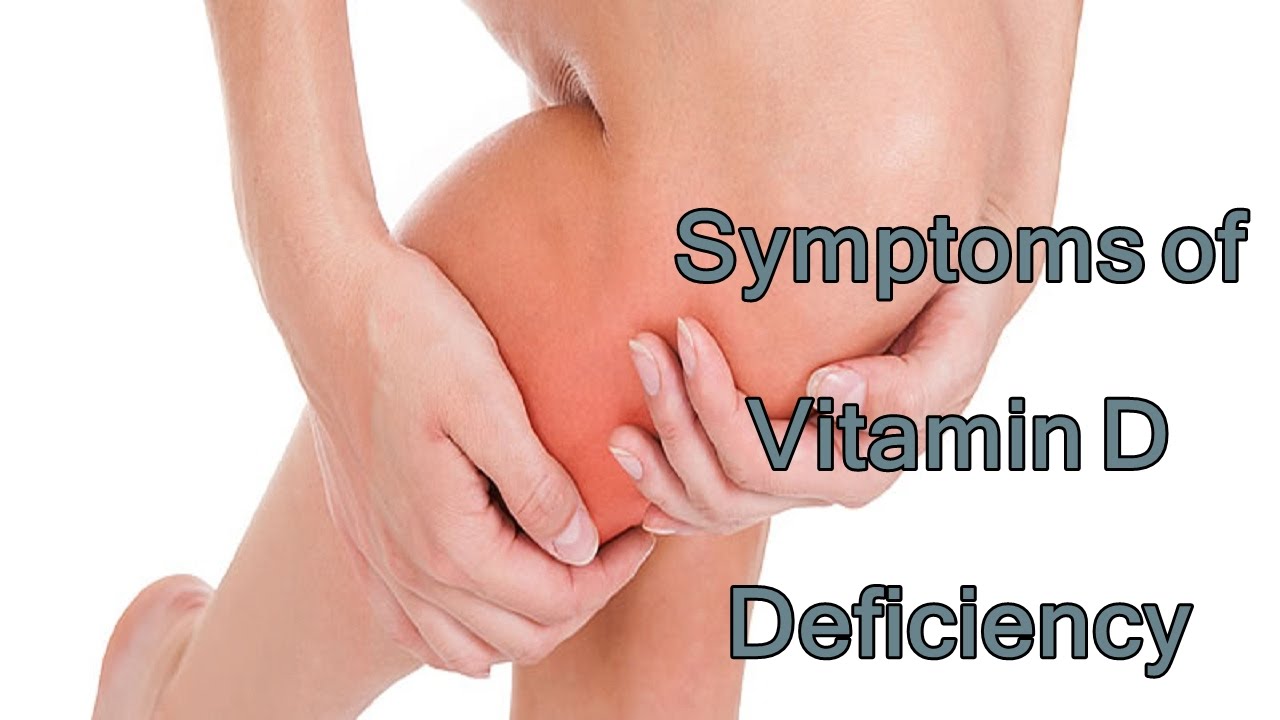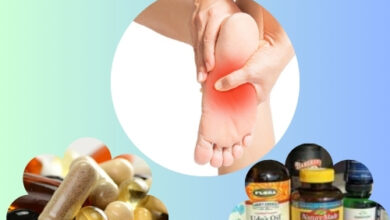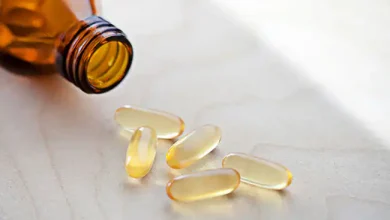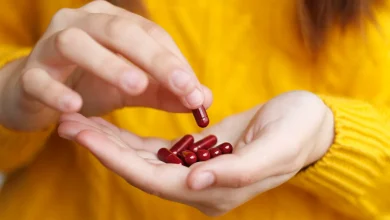Symptoms of Vitamin D Deficiency

Vitamin D
Vitamin D deficiency is a rising problem in the US and other northern parts of the globe where people are less exposed to the sun all year round. It is even estimated that approximately 90% of the adult population in the US are somewhat deficient in vitamin D. People living in the US with darker skin, such as the Hispanics, Asians, and Black, have a higher possibility of being vitamin D deficient. Those who are overweight and obese are also at risk of vitamin D deficiency. It is also very alarming that this vitamin D deficiency can cause severe illness and diseases such as cancer, hypertension, autoimmune diseases, and different infectious diseases.
What is vitamin D and why is it needed?
Vitamin D is different from other vitamins because the body can create most of the vitamin D on its own, rather than relying on food source. Vitamin D is a fat-soluble vitamin that is stored in the liver and fatty tissues. The increased body fat can absorb the vitamin D and keep it from being used within your body.
Vitamin D is one of lots of nutrients our bodies need to stay healthy. Among the vitamin’s major functions, it helps the body:
Absorb calcium. Vitamin D, along with calcium, helps make bones and keep bones strong and healthy.
Block the release of parathyroid hormone. This hormone reabsorbs bone tissue, which makes bones thin and brittle.
Vitamin D may also play a role in muscle function and the immune system. The immune system is your body’s protection system. It helps protect it against infections and other illnesses. Taking vitamin D every day has been shown to decrease the risk of falling in older persons.
Benefits of Vitamin D
- Vitamin D helps increase calcium in your body which strengthens bone and teeth health
- Decreased risk of diabetes, osteoporosis, dementia and some cancers including breast, colon, ovarian, prostate, esophageal and lymphatic
- Helps lower blood pressure levels and hypertension
- Regulates your immune system for optimal efficiency and fighting disease
- Studies have shown that it can decrease multiple sclerosis in women
Symptoms of Vitamin D Deficiency
Yes, deficiency of vitamin D can cause bone pain and weakness of muscle. On the other hand, mild vitamin D deficiency is not necessarily associated with any symptoms. Vitamin D has been referred to as the “sunlight vitamin” because it is made in our skin when we are exposed to sunlight.
Foods with a lot of Vitamin D
Salmon
- Fatty fish like salmon, herring and sardines is the best place to get vitamin D and the omega-3 fatty acids won’t hurt you also.
Choose Fortified Breakfast Cereals
- Lots of products are now fortified with vitamin D.
More Mushrooms
- Whether you love Chanterelle, shiitake, morel, or portobello, mushrooms are a low-cal way to enhance your vitamin D.
Make an Omelet
- Two large eggs provide about 1/10 of your daily need of vitamin D. Eat the whole egg
Embrace Canned Tun
- It’s inexpensive, versatile and easy for on-the-go eating.
Food Sources
The best way to get sufficient vitamin D every day is to eat a variety of healthy foods from all food groups. The vitamin content of a variety of foods is shown in the table.
| Food | IUs per serving | |
| Cod liver oil, 1 tablespoon | 1360 | |
| Swordfish, cooked, 3 ounces | 566 | |
| Salmon (sockeye) cooked, 3 ounces | 477 | |
| Orange juice fortified with vitamin D, 1 cup | 137 | |
| Tuna, canned in water, drained, 3 ounces | 154 | |
| Milk, vitamin fortified, 1 cup | 115-124 | |
| Yogurt, fortified with 20% of the daily value of vitamin D, 6 ounces | 80 | |
| Margarine, fortified, 1 tablespoon | 60 | |
| Sardines, canned in oil, drained, 2 sardines | 46 | |
| Liver, beef, cooked, 3 ounces | 42 | |
| Egg yolk, 1 large | 41 | |
| Cereal, fortified with 10% of the daily value of vitamin D, 1 cup | 40 | |
| Cheese, Swiss, 1 ounce | 6 | |
| *IUs = International Units. |
It is very important to check product labels, as the quantity of added vitamin D varies when it is artificially added to products such as orange juice, yogurt, and margarine.
Supplements
Because there is a limited number of foods that contain vitamin D, getting sufficient vitamin D from your diet alone is difficult. While sun exposure does produce vitamin D, too much sun exposure can enhance the risk of skin cancer. Therefore, the addition of vitamin D supplements may be needed.
By : Natural Health News




